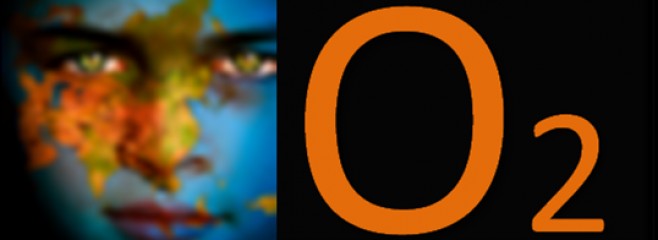>
Focus on the silence – the gap between two sounds inside your head?
Hear your thoughts when you receive praises and how buoyant you feel.
Observe the sound and voice.
Is it your voice?
Or does it belong to the person from whom you expect some thing or at least want to be acknowledged?
It’s important to notice who is talking to you inside your head at different points of time.
Now step back into the meeting and identify the source of those voices inside your head. Ignoring them would result in recurrence, until you pay due attention. Hence, acknowledge them clearly and then park them aside to be dealt with later. Now focus on the discussion by your fellow attendees. Listen to what they say without making any judgements or tagging them to different compartments. Accept it as a human tendency to draw conclusions immediately. Halt, resist jumping the gun…
What you hear from your colleagues is just the tip of the iceberg.
If you allow yourself to be conditioned at an early stage, you will miss the development and the big picture. Your experience and maturity have been programmed to identify patterns and segregate them into compartments. Let that happen, still choose to remain unaffected by it. Observe complete objectivity, until you have every data that you would require for decision making. 99.99% of the times, the thought that struck you at the first moment will stand true. However, remaining objective will enable a conscious decision making. Here ‘conscious’ implies being aware of the other parties much more than what your presumption would have allowed you to. Thus, it would become a higher order execution. It would then enable the start of a non-argumentative discussion. Consequently it will cut down the drama from your life.
During a presentation, you must have seen it repeatedly, that few members tend to fall out of the group. Why does it happen? What are they listening to when you are presenting? Even without exchanging any words, did you hear the same questions inside your head, which is why you could identify them as the ones falling out and have an idea, as to why it happened? Let’s see how does this works in a stress situation. Here’s a question asked by R. Joshi to the article Survival Strategies; Sink or swim.
“I would like to ask one question. When you are continuously not been valued, you may motivate yourself for some time. However, how would you sustain, when you run out of your inner motivation?”
Replacing an external reaction by focusing on inner growth, may initially seem to be a neutral stage. Ekhart Tolle, discussed that, a neutral state doesn’t mean that you don’t care. It only means that you refuse to react. You halt and focus internally to check how you can turn it in a better direction. Here’s my experience while working on this principle. I used to prepare Power Point Slides for a reporting manager, who would give odd and negative feed backs about my skills. He used to make fun of my skills in front of others. It used to run me down and rob my sense of self-efficacy which made me sulk a lot. Then, I decided to brush my skills and enrolled for Presentation skills grooming program. It did not give me, any reward or any special recognition. My boss remained apathetic to all my efforts. However, during a town hall, to my surprise, I found him presenting the Power Point Slides prepared by me. Eventually, as my career progressed, I graduated into different roles with other organizations. Today, even though, there are no professional bindings, he still keeps in touch with me. The choice to listen to my surrounding accentuated into a neutral response externally, followed by a personal development. This earned me respect, strengthening my relationship with peers and other superiors in that office. Today when I look back, I can only see rich takeaway with added certification for presentation skills and a respectable relationship with seniors.
We are barely silent, inside our heads. Tense moments, attenuates to this sound getting louder and coarser. During such situations, we need to program ourselves to listen to our surroundings, to know what will work for us in the long term. There is a statement that goes in my mind, when I hear it during such time, “I think I can. I can. I can. I know I will. I will, I will!” Just as, in the scheme of things, what is unbearable at a particular point of time, will soon cease to have any meaning. Similarly, sounds seamlessly transform to abundant variants creating echelons of responses.
So what are you listening to now?



